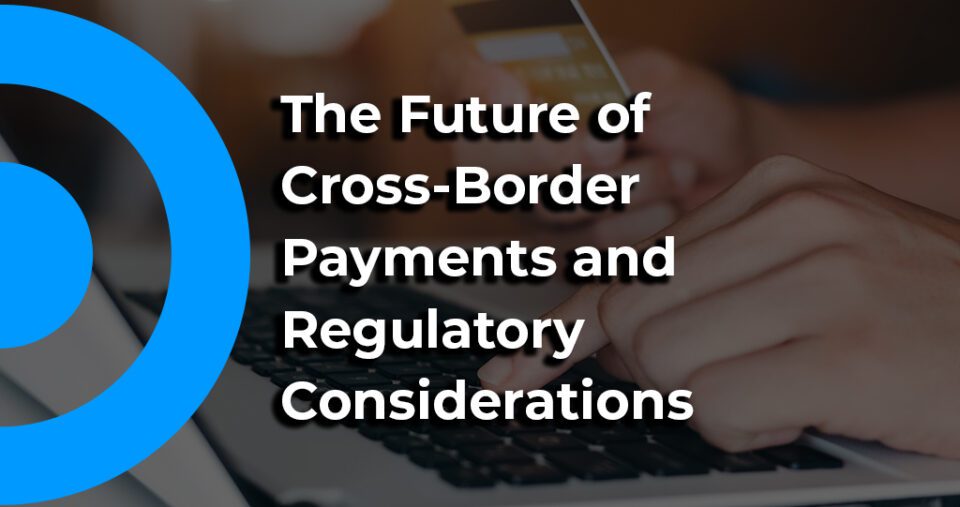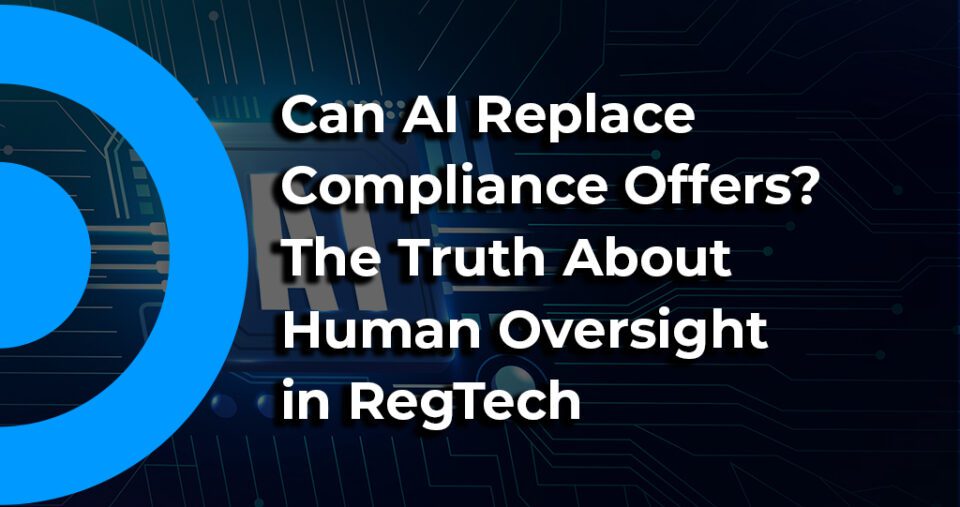
How AI and RegTech is Making Compliance Easier for Payment Service Providers
April 4, 2025
UAE Fintech Licensing: How Startups Can Ensure Regulatory Compliance in 2025
April 11, 2025The United Arab Emirates (UAE) is tightening its rules for digital payments and financial services to make sure money moves safely and legally. The Central Bank of the UAE (CBUAE) is updating regulations for Payment Service Providers (PSPs) to prevent fraud, protect customers, and fight financial crimes like money laundering and terrorist financing.
In this article, we’ll break down the latest UAE payment regulations, explain how the CBUAE is handling digital payments and virtual assets, and provide a step-by-step compliance checklist to help PSPs stay on the right side of the law. Need help with tricky terms? Check out our glossary for simple explanations.
1.New Rules for PSPs: What’s Changing?
The CBUAE has put in place stricter rules for Payment Service Providers (PSPs) to keep money safe and transactions transparent. Here’s what PSPs need to focus on:
- Fighting Financial Crime – PSPs must follow stricter Know Your Customer (KYC) checks, monitor transactions for suspicious activity, and report anything unusual.
- Getting Licensed – All PSPs must register with the CBUAE and meet the required capital standards to operate legally.
- Consumer Protection Rules – Enhanced transparency obligations, including clear fee structures and dispute resolution mechanisms.
- Cybersecurity and Data Protection – New mandates require PSPs to implement stronger security protocols to safeguard customer data and payment infrastructure.
The CBUAE continues to enforce these regulations, recently imposing penalties on unregistered financial service providers that operated without the required licenses. More details on these regulations can be found in the CBUAE’s official payment regulations.
2. How the CBUAE is Managing Digital Payments and Virtual Assets
As online payments and digital currencies grow in popularity, the CBUAE is setting new rules to keep transactions safe, transparent, and innovative. Here’s what’s changing:
- Virtual Assets Regulation – In Dubai, the Virtual Assets Regulatory Authority (VARA) oversees crypto businesses, while the CBUAE manages digital payment providers across the UAE.
- Open Banking – The CBUAE is working on policies that allow banks and fintech companies to share financial data securely, making transactions smoother and more connected.
- Cross-Border Payments – UAE regulators are exploring Central Bank Digital Currencies (CBDCs) and blockchain-based remittance solutions to make sending money across borders cheaper and faster.
On top of this, the CBUAE is also tightening its Anti-Money Laundering (AML) rules to ensure PSPs follow international financial crime prevention standards. (Not sure what AML means? Check out our glossary for a simple explanation.)
For a deeper understanding of how these measures impact PSPs, read Paycompliance’s guide on the UAE’s role in global AML efforts.
3. A Simple Compliance Checklist for PSPs
Staying compliant with the UAE’s payment regulations takes careful planning. Here’s a step-by-step checklist to help PSPs meet the latest requirements.
Licensing & Registration
- Obtain a CBUAE license for payment services.
- If dealing with virtual assets, register with VARA.
- Meet capital adequacy requirements as per regulatory mandates.
AML & Risk Management
- Implement AML/KYC policies aligned with FATF recommendations.
- Develop transaction monitoring and Suspicious Activity Reporting (SARs) frameworks.
- Make sure your compliance team stays up to date by providing regular AML training on the latest rules and best practices.
PSPs should follow the Financial Action Task Force (FATF) guidelines to stay in line with global AML standards and avoid compliance risks.
Cybersecurity & Data Protection
- Protect customer data with strong encryption – Follow the UAE’s Data Protection Law to keep customer information safe and prevent fraud.
- Regularly check for security risks – Conduct cybersecurity audits to ensure payment systems stay secure and meet UAE’s Data Protection Law requirements.
Consumer Protection & Transparency
- Disclose all fees and service terms to customers.
- Set up a clear process for handling customer disputes – Make it easy for users to report and resolve transaction issues quickly.
- Follow the CBUAE’s Consumer Protection Regulations – Ensure all policies put customers first and meet regulatory standards.
4. Final Thoughts: How PSPs Can Keep Up with UAE Regulations
Create a simple and fair way to resolve transaction issues – Make sure customers can easily report problems and get timely solutions.
Stay compliant with CBUAE’s Consumer Protection Regulations – Ensure your policies are transparent and customer-focused.
Need expert guidance on UAE payment regulations? Our team at Paycompliance provides tailored regulatory support, licensing assistance, and AML advisory to help PSPs navigate the rapidly changing financial landscape with confidence.
Sources
- CBUAE’s official payment regulations provide details on licensing, consumer protection, and AML compliance: Central Bank of the UAE – Payment Regulations
- VARA’s guidelines outline the regulatory framework for virtual asset businesses in Dubai: Virtual Assets Regulatory Authority (VARA)
- FATF’s recommendations ensure that UAE’s AML measures align with international standards: Financial Action Task Force (FATF) – UAE AML Standards



